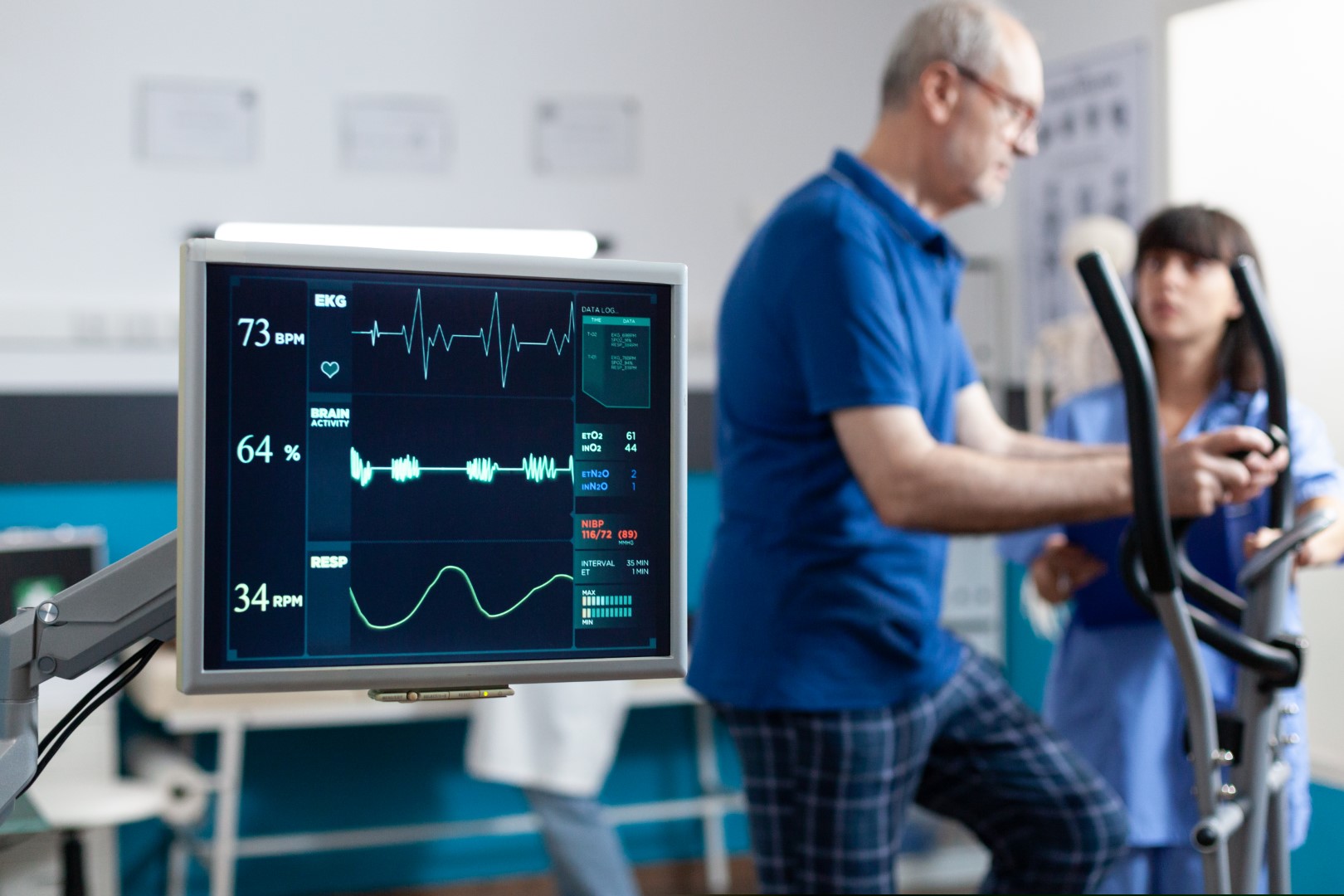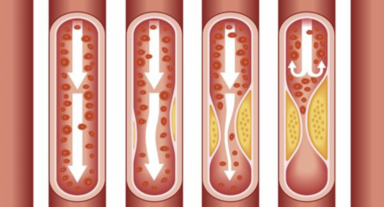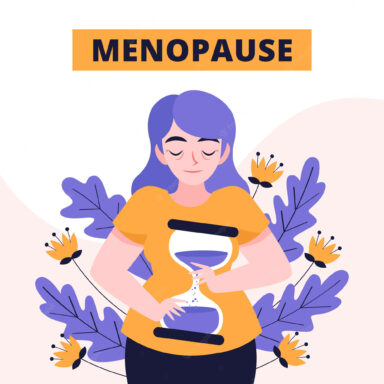Recognising the need for a heart check
The nation comes together each year to raise awareness for MND with the Big Freeze at the G, and bowel cancer home checks are sent out each year to their highest target demographic. Whilst the Heart Foundation is doing great work in the research side of cardiology, the risks that come with cardiac disease are still lacking the public awareness they deserve, given it’s the number one killer in Australia.
Do you know the signs you should get your heart checked?
One of the biggest myths surrounding heart disease is that it only affects people who are overweight, diabetic, and/or in their later years of life. However, although these people are at risk, there are also many people who would consider themselves to be ‘young and fit’, and may still have undetected heart conditions.
Both lifestyle and genetics contribute to a person’s risk of heart disease. Therefore, even if you are exercising regularly and eating well, if you know of a family member who has suffered from a cardiac condition, it is a good idea to get checked regularly.
Just this year, a 26 year old local footy player, Jojo Ofosu-Amaah, went into cardiac arrest during a match, according to Fox Sports.
Whilst Jojo was thankfully saved by quick on-scene action and subsequent open-heart surgery, this is just one of many examples of the impacts of cardiac disease on all members of the Australian population, and a strong reminder that the condition does not discriminate based on age or health.
Undertaking a cardiac screening can help reduce the risk of heart conditions going unnoticed until it’s too late, and can provide individuals with the help they need to improve their cardiovascular health through lifestyle and diet changes where possible.
With cardiovascular disease responsible for 1 in 4 deaths in Australia, and reportedly affecting 1 in 6 Australians, according to the Heart Foundation, chances are you, or someone you know will experience a cardiac condition in your lifetime.
So, ask your GP about getting your heart checked. Or ask your company if this can be part of their corporate health plan.
Don’t let the first symptom you or a loved experience be a heart attack.
CATEGORIES: Uncategorized






